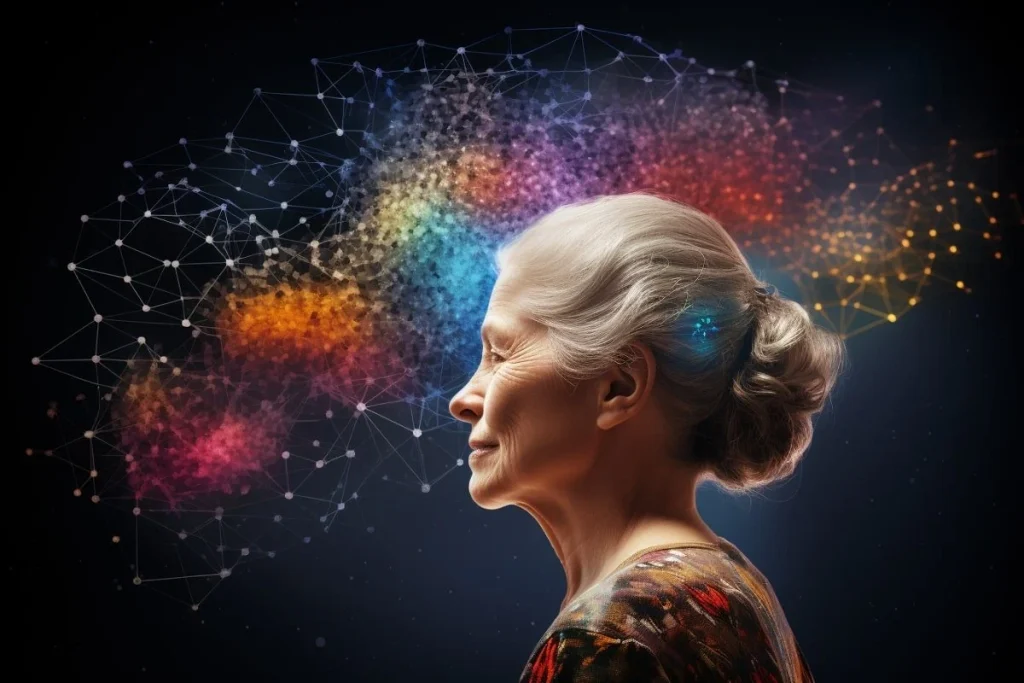The Role of AI in Personalizing Mental Health Treatments

The Role of AI in Personalizing Mental Health Treatments
The intersection of artificial intelligence (AI) and healthcare is revolutionizing how we approach patient care, particularly in the realm of mental health. As mental health issues become increasingly prevalent, the need for personalized treatments and services is critical. AI offers transformative solutions by providing tailored therapies that cater to the individual needs of patients. This blog post delves into the significant role AI plays in personalizing mental health treatments, highlighting key applications and future implications.
—
The Importance of Personalization in Mental Health Care
Personalized mental health care is vital for effective treatment outcomes. Traditional approaches often involve standardized treatments that may not address the unique needs of each patient. Individual variations in genetics, environment, lifestyle, and personal history can all influence mental health, necessitating a more personalized approach. Personalization ensures that patients receive the most appropriate interventions, enhancing the efficacy of treatments and improving overall patient satisfaction.
—
How AI is Transforming Mental Health Diagnostics
AI enhances diagnostics by offering tools that analyze patient data more precisely. Machine learning algorithms can analyze vast amounts of data, including medical records, genetic information, and patient histories, to identify patterns associated with various mental health disorders. For instance, AI can be used to predict the onset of conditions like depression or anxiety by analyzing data from wearable devices or social media activity, enabling earlier intervention.
A notable example is the use of natural language processing (NLP) in AI platforms to evaluate speech patterns and text communication. These AI systems can detect subtle changes in tone, word choice, and speech rate, which can be indicative of mental health issues such as mood disorders or psychosis.
—
Developing Tailored Treatment Plans Through AI
AI can help create customized treatment plans by considering a wide array of factors that influence mental health, such as genetics, lifestyle, and environmental conditions. Through advanced data analytics, AI systems can recommend specific therapies and interventions that are more likely to be effective for individual patients.
For example, an AI-driven platform might analyze a patient’s genetic makeup and lifestyle habits to suggest a combination of medication and cognitive-behavioral therapy. Such personalized treatment plans are dynamic and can evolve with the patient, allowing healthcare providers to adjust interventions based on real-time data and feedback.
—
AI-powered Mental Health Apps and Tools
In recent years, several AI-powered mental health apps have emerged, offering personalized support and interventions. These apps use AI algorithms to analyze user inputs, such as journal entries, mood trackers, and interaction patterns, to provide tailored feedback and counseling.
Some apps use chatbot technology to simulate human-like conversations, offering patients immediate support regardless of time and location. This immediacy can be crucial for individuals experiencing a mental health crisis, providing them with resources and coping strategies at their fingertips.
Furthermore, AI-powered virtual reality (VR) platforms are being used to treat conditions like phobias or post-traumatic stress disorder (PTSD) through exposure therapy. These platforms allow for customized environments that cater to the specific triggers and symptoms of individual users, offering a controlled setting in which to manage and mitigate mental health issues.
—
Ethical Considerations in AI-driven Mental Health Care
While AI presents significant opportunities for personalized mental health care, it also raises ethical concerns. Issues related to data privacy, consent, and the transparency of AI algorithms are paramount. Sensitive mental health data must be handled with the utmost care to protect patient identity and maintain trust.
Moreover, the potential for bias in AI algorithms must be addressed. Algorithms trained on biased data may perpetuate existing disparities in mental health care, leading to unequal treatment outcomes. Ensuring algorithmic fairness and involving diverse datasets in AI development can help mitigate these issues.
Healthcare providers and technologists must collaborate to establish guidelines and standards that prioritize patient welfare while harnessing the benefits of AI.
—
The Future of AI in Personalized Mental Health Treatments
The future of AI in mental health care is promising, with ongoing advancements offering even more sophisticated and effective solutions. As AI technology continues to evolve, we can expect more seamless integration into healthcare practices, enhancing our ability to deliver personalized mental health treatments.
Research into AI’s potential for neuroimaging and its application in understanding complex mental health disorders is underway. These advancements may lead to groundbreaking therapies that could transform patient outcomes on an unprecedented scale.
Further investment and research into AI-powered mental health solutions can pave the way for more accessible, affordable, and personalized mental health care. As we continue to break down barriers through AI, the possibility of a future where mental health care is universally tailored to individual needs becomes increasingly attainable.
—
Conclusion
AI has already begun to make substantial contributions to the personalization of mental health treatments, offering more targeted, effective, and accessible care. By leveraging data-driven insights and innovative technologies, AI empowers healthcare providers to tailor interventions that address the unique needs of each patient. As we advance, it is crucial to navigate the ethical challenges and ensure that AI-driven solutions are equitable, transparent, and centered on improving patient outcomes. The integration of AI into mental health care holds transformative potential, heralding a new era of personalized mental healthcare that promises to improve lives across the globe.









